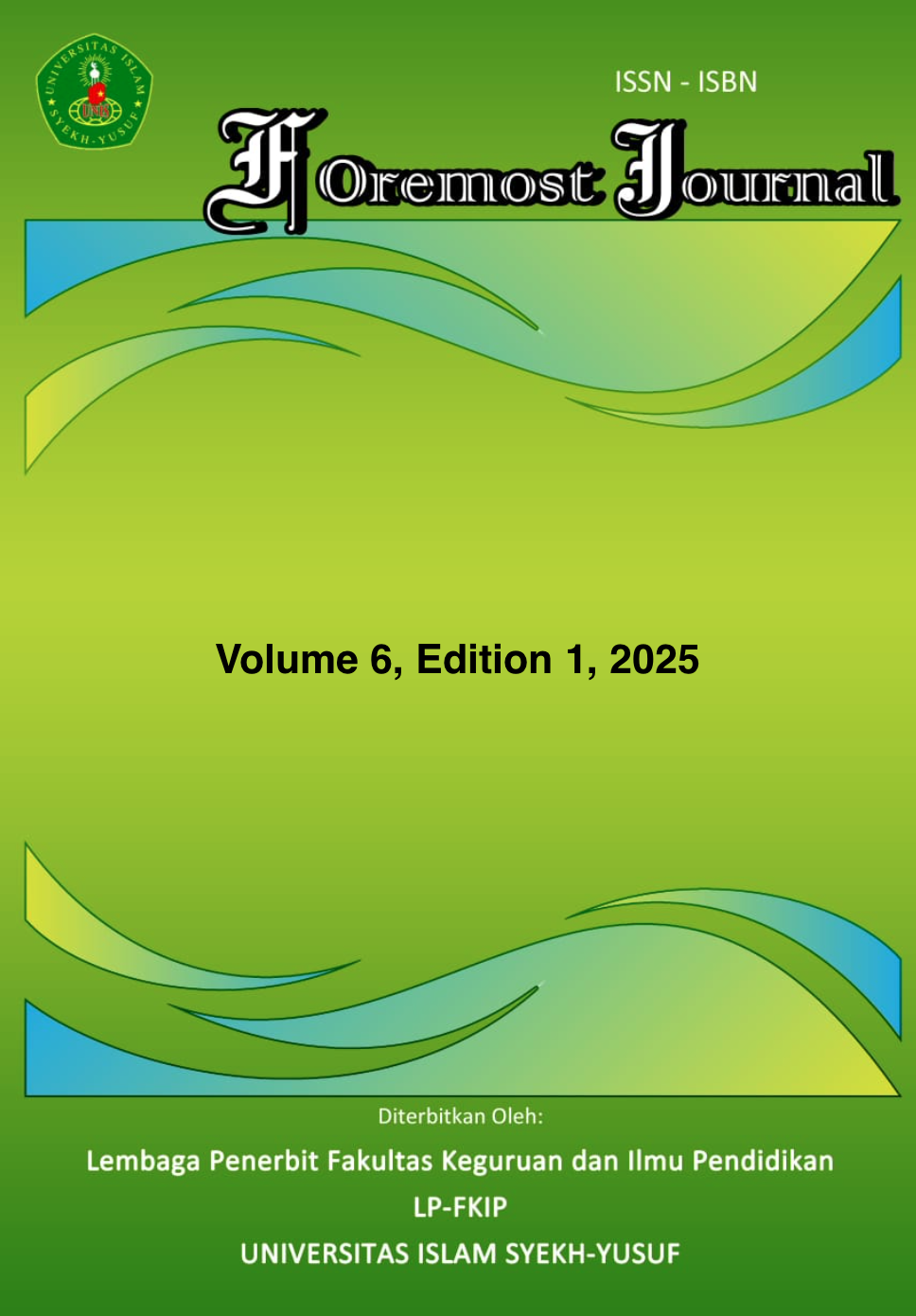The Effect of Think Talk Write Strategy Toward Students’ Writing Skill
Keywords:
Writing Skill, Think-Talk-Write Strategy (TTW)Abstract
The experimental research was aimed to find out whether there was significant effect of students writing skill after taught by using Think Talk Write strategy on the tenth grade of SMAN 15 Kota Tangerang. This research was conducted in two classes; the experimental class (X IPS 5) consisted of 37 students and control class (X IPS 3) consisted of 36 students as sample. The data was gained by pre-test and post-test, it was found that the mean of pre-test in experimental class was 69.81 and the post-test was 76.49. It meant that there was significant effect of students writing skill after taught by using Think Talk Write strategy on the tenth grade of SMAN 15 Kota Tangerang. However, based on the t-test formula it was obtained that was -0.579 and was -1.667. It indicated that was accepted and was rejected because was higher than (-0.579 -1.667). Based on the result of t-test, the writer concluded that there was no significant difference between the writing skill improvement of students who taught by using Think Talk Write and who taught by using Discovery Learning.
Downloads
Published
How to Cite
Issue
Section
License
Copyright (c) 2025 Foremost Journal

This work is licensed under a Creative Commons Attribution-NonCommercial-ShareAlike 4.0 International License.
- Authors certify that the work reported here has not been published before and contains no materials the publication of which would violate any copyright or other personal or proprietary right of any person or entity.
- Authors transfer or license the copyright of publishing to Foremost Journal to publish the article in any media format, to share, to disseminate, to index, and to maximize the impact of the article in any databases.
- Authors hereby agree to transfer a copyright for publishing to Foremost Journal a Publisher of the manuscript.
- Authors reserve the following:
- all proprietary rights other than copyright such as patent rights;
- the right to use all or part of this article in future works of our own such as in books and lectures;
- use for presentation in a meeting or conference and distributing copies to attendees;
- use for internal training by author's company;
- distribution to colleagues for their research use;
- use in a subsequent compilation of the author's works;
- inclusion in a thesis or dissertation;
- reuse of portions or extracts from the article in other works (with full acknowledgement of final article);
- preparation of derivative works (other than commercial purposes) (with full acknowledgement of final article); and
- voluntary posting on open web sites operated by author or author’s institution for scholarly purposes, but it should follow the open access license of Creative Common CC BY-NC-SA License.



